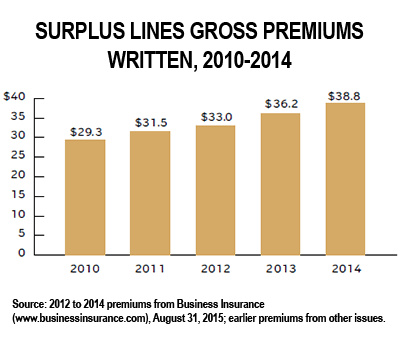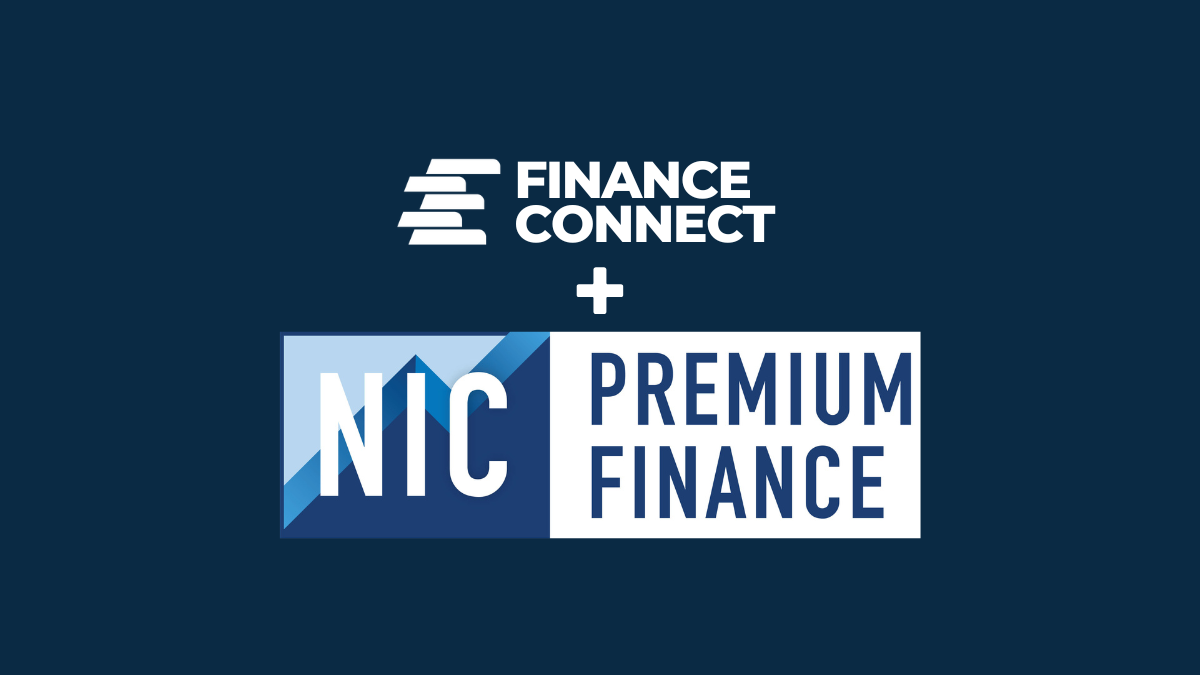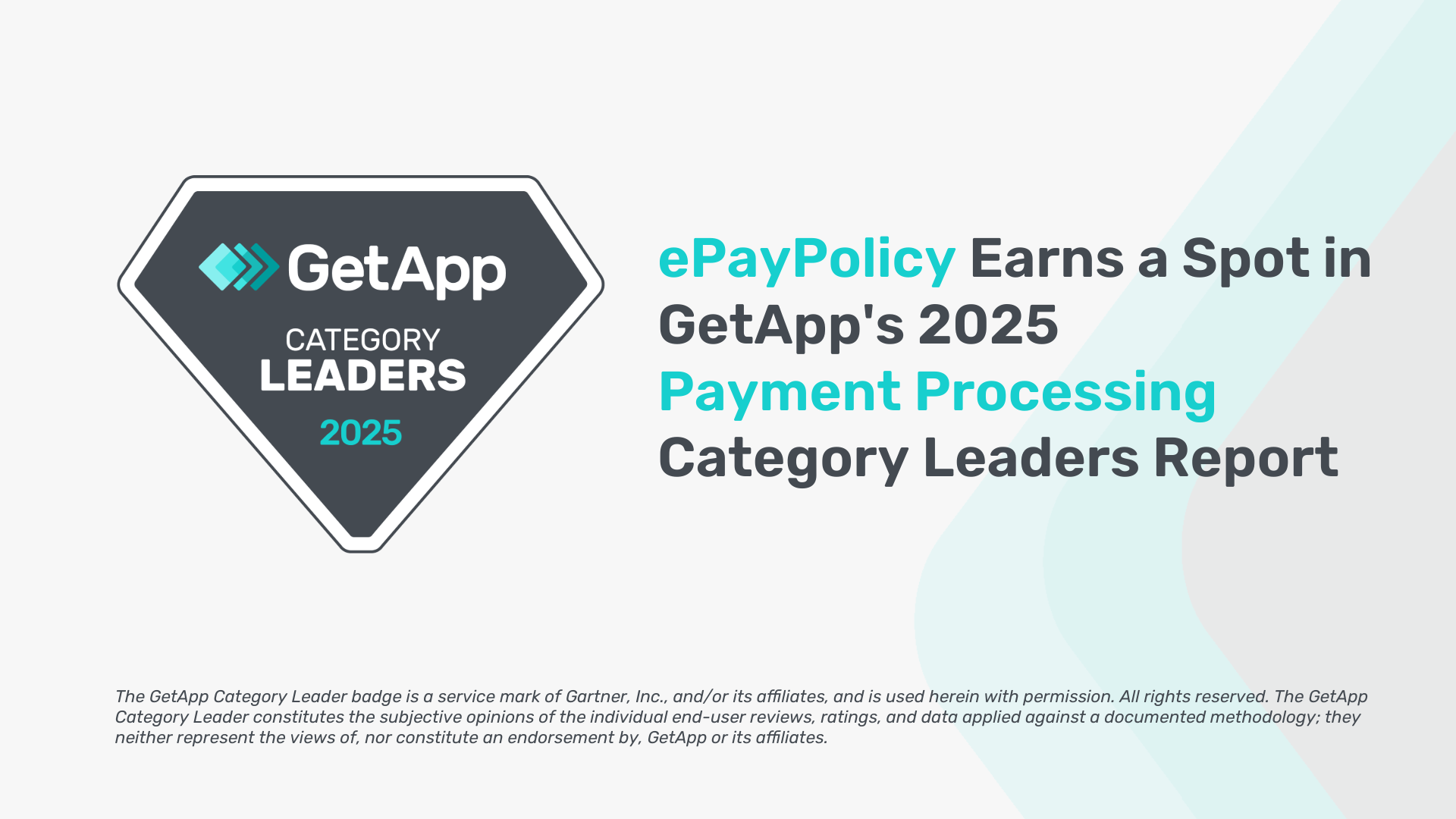
The world of insurance can be complex enough, but when specialty insurance becomes involved, it can become even more complicated. A prime example of this is surplus lines insurance. In many instances, companies or individuals will go to a broker to find insurance coverage. The broker serves as an intermediary between the individual or company and the insurance company and works to find a policy from a state-licensed insurer that meets the client’s needs. In some cases, the individual or company may present too great of a risk because it does not meet the established guidelines of the licensed insurer. When this happens, a surplus line producer or broker may become involved in procuring a policy that will meet the needs of the client. Many times, this means working with an insurer that is not licensed in that state.
As the insurance company is not licensed by the state, this means it is also not regulated by the Department of Insurance in that state, or at least not the same degree as a licensed insurance company. This gives the surplus lines insurance company more freedom and flexibility in terms of how it operates. It is generally not restricted to the same rate regulations as are insurance companies that are licensed in that state. Additionally, a surplus lines insurance company has more flexibility in terms of establishing guidelines as related to accepting risks.
Also sometimes referred to as excess lines insurance, this type of policy makes it possible for companies or individuals to obtain coverage for unique risks, including a claims history that most insurance companies would not cover.
While there are obvious benefits to a company or individual seeking coverage from a surplus lines insurance company, there are also drawbacks. For instance, the policyholder takes on an additional risk since there is not a guaranty fund. This means that in the event the surplus line insurer files for bankruptcy, the policyholder may not be able to receive a claim payment. By comparison, if a state-licensed insurance company goes bankrupt, a policyholder’s claim could be paid from the state guarantee fund. Additionally, rates may be higher with a surplus line insurer. State-regulated insurance carriers must adhere to state regulations in regards to the rates they can charge. This is not the case with a surplus line carrier. Since a surplus line carrier is not regulated by the state, it is able to take greater risks and may also charge higher rates.
Perhaps one of the best examples of a surplus line carrier is Lloyd’s of London. While this carrier is not licensed in the United States, Lloyd’s of London does issue policies in the United States.
In situations in which a company or individual is not able to obtain coverage from an in-state provider, surplus lines insurance can provide an effective solution.
- Steve Millerhttps://epaypolicy.com/blog/author/steve-miller/
- Steve Millerhttps://epaypolicy.com/blog/author/steve-miller/
- Steve Millerhttps://epaypolicy.com/blog/author/steve-miller/
- Steve Millerhttps://epaypolicy.com/blog/author/steve-miller/



